OSP under fire for alleged media bias
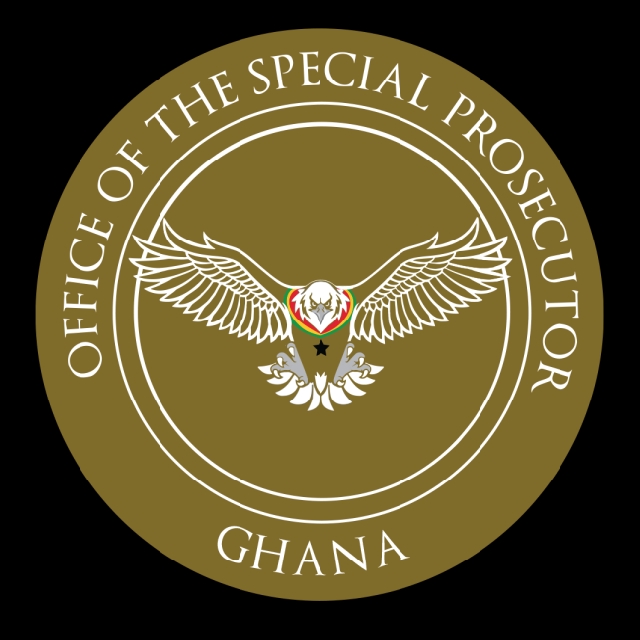 OSP logo
OSP logo
The Media Relations Department of the Office of the Special Prosecutor (OSP) is facing criticism over what many have described as a discriminatory media invitation process during a press conference held on Monday, June 2, 2025.
The event, which was intended to address pressing corruption issues involving former Finance Minister Ken Ofori-Atta, saw the exclusion of several media houses perceived to be aligned with the National Democratic Congress (NDC).
Prominent outlets such as Radio Gold, The Democrat, and Class Media Group were denied access to the event, raising concerns about transparency and fairness.
Only a select group of media houses—including Daily Guide, The Chronicle, UTV, and Peace FM, all considered pro-New Patriotic Party (NPP)—were officially invited to cover the press conference.
According to eyewitness accounts, a reporter from Class TV who attempted to attend was turned away at the venue.
During an exchange with the Head of Media Relations at the OSP, the officer reportedly stated, “Class TV has never been on my media list,” and declined a request for the reporter to attend the event merely as an observer.
Media professionals and civil society organisations have expressed concern over what appears to be a continuation of past partisan media practices allegedly encouraged under the previous NPP administration.
Critics argue that such selective engagement undermines public trust and restricts access to information of national importance.
“This is not just about media access,” said one media analyst. “It’s about the integrity of the anti-corruption fight and the ability of all Ghanaians—regardless of political affiliation—to stay informed.”
The exclusion of certain media houses also appears to contradict President John Dramani Mahama’s commitment to restoring transparency and fairness in governance, particularly in matters concerning the fight against corruption.
Observers are calling for immediate action to ensure that the OSP and other government institutions adopt an inclusive and non-partisan approach to media relations, especially when addressing issues that affect the entire nation.
Source: Classfmonline.com/Edem Afanou
Trending News

Togo’s political crisis sparks regional security concerns – Expert warns of growing unrest
11:12
Foreign Affairs Minister vows to tackle corruption in dubious embassy contract
10:01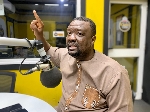
Commercial drivers demand NDC sanctions against DVLA boss over unapproved fines
15:06
Asantehene meets Kusang Traditional Council in push for lasting peace in Bawku
12:31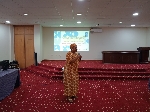
UNDP and Ghana’s NIC spotlight young innovators in drive for inclusive insurance
09:25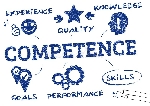
Democracy focuses on individual competence, not tribe or religion – Kufuor
14:30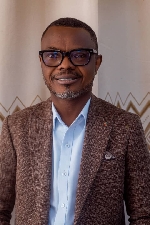
Volta GWCL boss outlines achievements and urges sustained commitment amid transition
00:11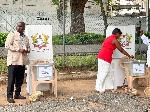
GJA goes to the polls today
13:34
GA/R: Bortianor elders call for gov't intervention amid escalating land disputes
10:47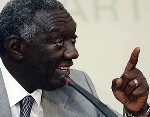
2028: If we want power, we must choose someone who is a problem solver – Kufuor
14:25



